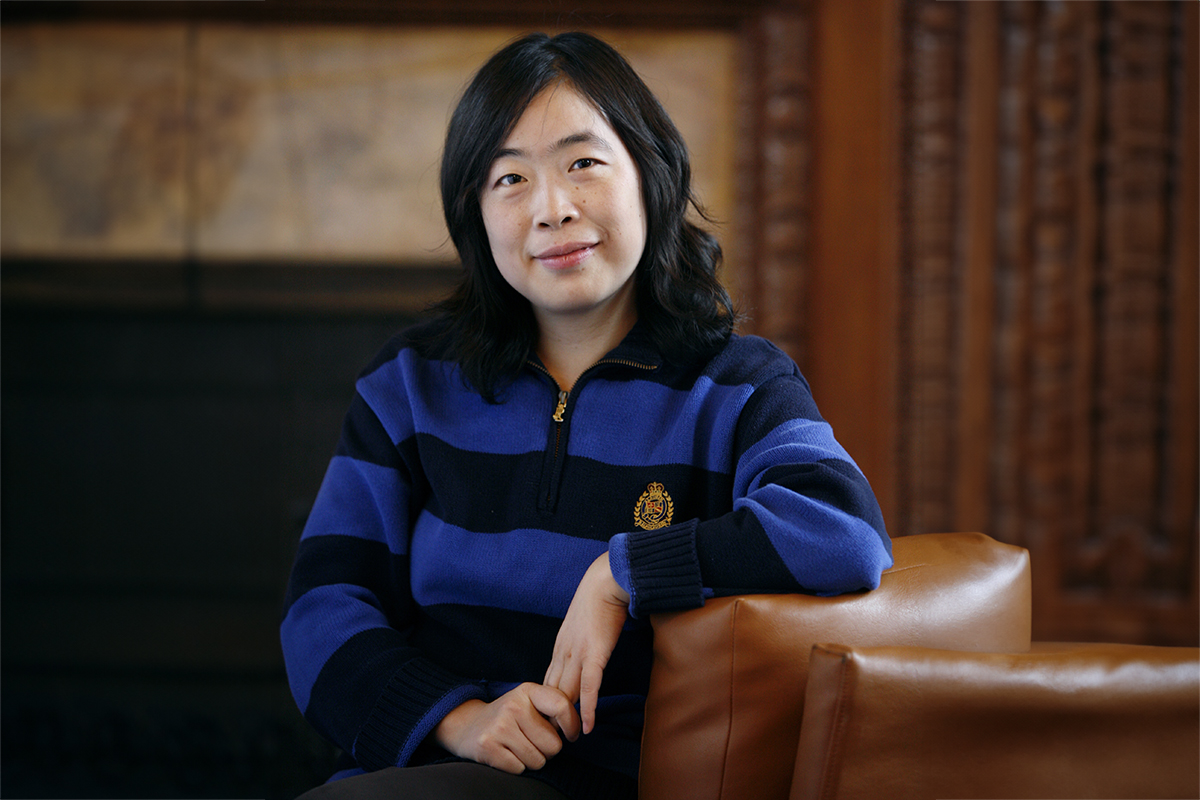It's easy to start your application.
Research Areas
Applied Physics

Welcome to applied physics within the Preston M. Green Department of Electrical & Systems Engineering at Washington University in St. Louis. The research here spans a wide range of interdisciplinary topics that bridge fundamental science and engineering innovation. Faculty in the department are advancing the frontiers of photonics, quantum optics, and nanoscale materials through groundbreaking work in areas such as high-Q silicon microresonators, integrated photonic circuits, and metamaterials. These technologies enable precise control of light and energy at the nanoscale, with applications ranging from chemical and biomedical sensing to next-generation radar and imaging systems. Research also explores quantum photonics and the development of new light-based devices, including a quantum photonic-dimer laser and a high-efficiency two-bit quantum logic gate.
In parallel, researchers are developing cutting-edge optical sensing platforms, machine vision systems and single-molecule imaging tools that improve sensitivity, resolution and efficiency in ways previously thought unattainable. These innovations include novel metasurfaces, optical barcodes, and enhanced resonance-based sensors capable of detecting faint environmental signals. In molecular imaging, new theoretical and experimental frameworks are enabling precise measurements of biomolecular motion and orientation—critical for understanding biological processes and disease mechanisms. Whether improving photonic circuitry, probing neurodegenerative disease or unlocking the dynamics of protein interactions, the department’s applied physics research is driving technological progress across healthcare, defense, communications and beyond.
Primary faculty


Adjunct & affiliate faculty

Focusing on the interface of Atomic, Molecular, and Optical (AMO) and condensed matter physics

Northeastern University, ECE
Inside the research
Get an indepth look at the type of research being done with in the applied physics research area.
Research Centers
The research centers listed here represent key areas of collaboration for ESE’s primary and affiliate faculty. Through these centers, faculty engage in interdisciplinary research spanning engineering, science, and technology, driving innovation and addressing real-world challenges across a range of fields.
ESE News













